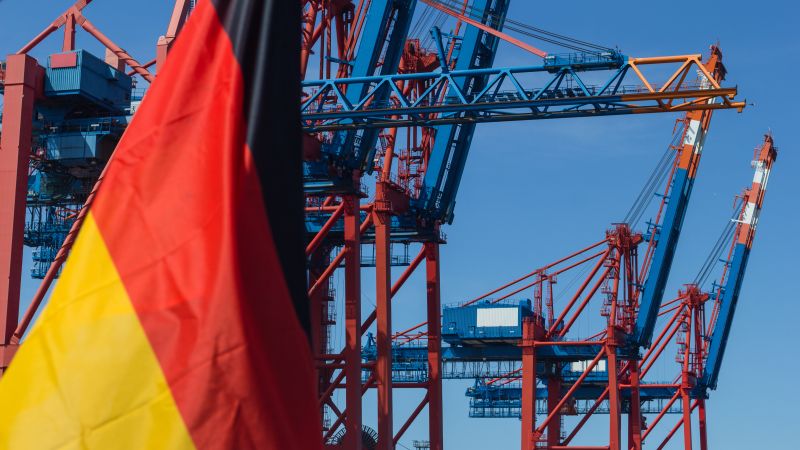Germany is preparing to launch a landmark €100 billion ($116 billion) investment vehicle designed to fortify its strategic industries and secure long-term economic resilience amid rising global geopolitical tensions.
According to a report by Bloomberg, the new fund—Deutschlandfonds—will focus on critical sectors such as defense, energy, and essential raw materials. It is set to become a cornerstone of Chancellor Friedrich Merz’s economic revival plan following two years of stagnation in Europe’s largest economy.
The Federal Ministry for Economic Affairs and Climate Action confirmed that the fund will be seeded with an initial €10 billion in public funds. These will be leveraged to attract significant private capital, including from venture capital firms, institutional investors, and family offices. The aim is to multiply the initial government contribution up to tenfold.
“Private capital is an essential tool for overcoming major economic challenges,” the ministry said in a statement. It added that the Deutschlandfonds would prioritize investments in innovation, supply chain security, and long-term competitiveness, working closely with German and European stakeholders.
The initiative comes at a time of heightened concern over national security and economic sovereignty, particularly in the wake of Russia’s ongoing war in Ukraine, renewed trade tensions under U.S. President Donald Trump, and China’s assertive global posture.
Finance Minister Lars Klingbeil is said to back the proposal, and negotiations are ongoing with the Finance Ministry and state-owned development bank KfW over the precise structure and financing mechanisms. Insiders expect the fund to receive formal parliamentary approval after the summer recess, with an official launch between September and October.
Although key details around the fund’s governance, investment strategy, and risk-sharing remain under development, officials have signaled that Deutschlandfonds will integrate existing initiatives—most notably, the previously stalled Raw Materials Fund launched under former Chancellor Olaf Scholz. That fund, which focused on biominerals and supply diversification, is expected to be folded into the new investment vehicle.
The move is part of Berlin’s broader effort to reassert industrial leadership and reduce strategic dependencies, particularly on foreign-controlled supply chains in sectors such as semiconductors, green energy, and rare earth elements.
However, some critics have raised questions about whether the fund should also address domestic socioeconomic issues, such as Germany’s ongoing affordable housing crisis. Government sources have hinted that the fund’s mandate could be expanded in the future, depending on political consensus and the fund’s early performance.
The Deutschlandfonds signals a new chapter in Germany’s industrial policy—one that seeks to blend public backing with private investment to weather the uncertainties of a rapidly shifting global order.

